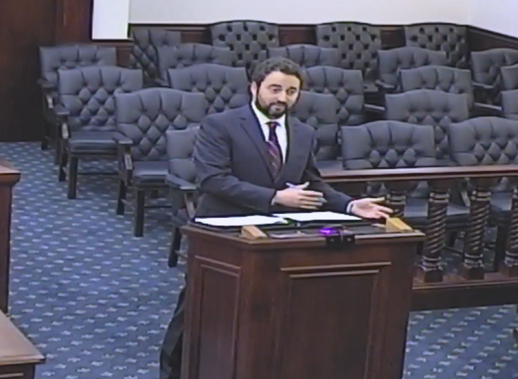The federal District Courts are beginning to adjust their views on how to best handle ERISA denial-of-benefits cases. Some courts use a modified summary judgment standard unique to ERISA denial-of-benefits cases that are based exclusively on an administrative record and the non-moving party is generally not entitled to the usual inferences in its favor (unlike the traditional summary judgment standard). In Anderson v. Liberty Lobby, Inc., the Supreme Court stated that “at the summary judgment stage the judge’s function is not himself to weigh the evidence… but to determine whether there is a genuine issue for trial.” Therefore, if material facts are in genuine dispute, then summary judgment may not be appropriate. Some courts have concluded that when fact-finding is required, or there is genuine issue related to material facts, then a bench trial is best. The 4th Circuit has held that this situation may arise when there is a necessity “to resolve competing factual contentions within the administrative record about the cause, severity, or legitimacy of an individual’s impairment.” Tekmen v. Reliance Standard Life Ins., 55 F.4th 951, 960 (4th Cir. 2022) (citation omitted).
Of note, the 6th Circuit, which is relevant Kentucky, has discussed not using summary judgment procedures or bench trials to decide ERISA actions, but instead reviewing the merits of the action based solely upon the administrative record with findings of fact and conclusions of law. It was suggested that the courts only consider evidence outside of the administrative record for limited exceptions. Wilkins v. Baptist Healthcare Sys., 150 F.3d 609, 619 (6th Cir. 1998) (Gilman, J., concurring).
For example, when insurance companies try to determine whether or not to award disability benefits, they may seek to hire their own physicians to review the medical records on file to reach a determination. This determination may or may not conflict with the medical opinions of the treating physicians. When there are conflicting opinions between the physicians hired by the insurance company and the treating physicians, however, this will likely lead to material facts in dispute. This is when a bench trial may be the most appropriate way for courts to rule on ERISA denial-of-benefits cases. Like in the example outlined below:
 Kentucky ERISA Disability & Life Insurance Claim Lawyers
Kentucky ERISA Disability & Life Insurance Claim Lawyers







